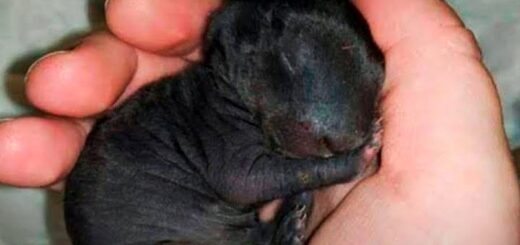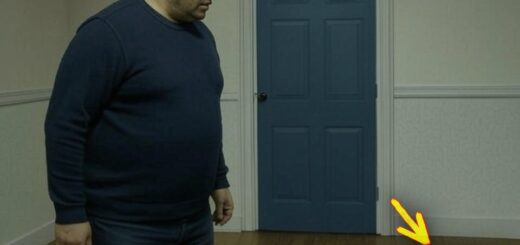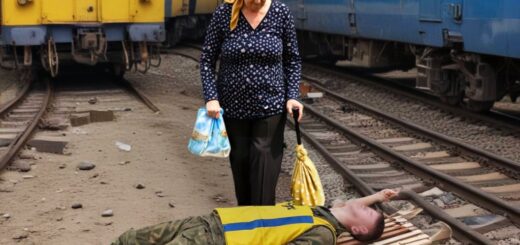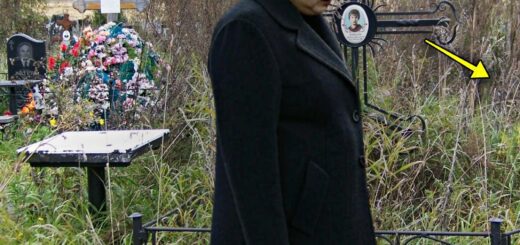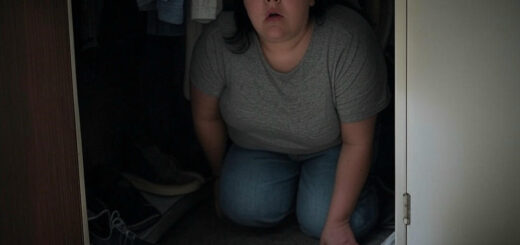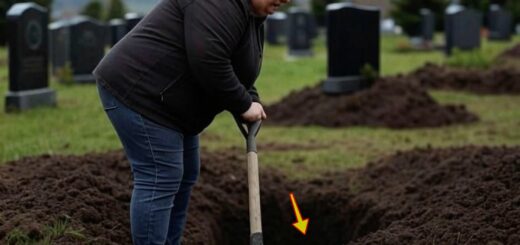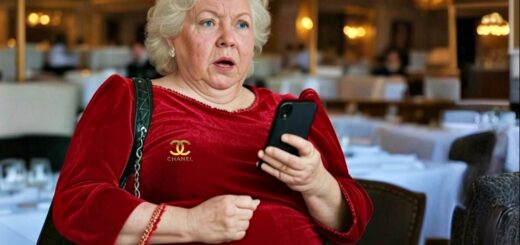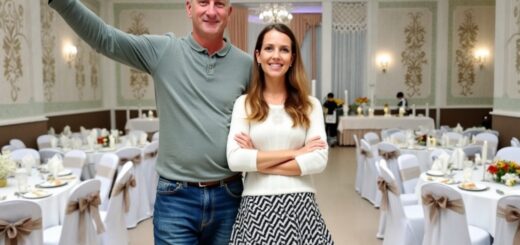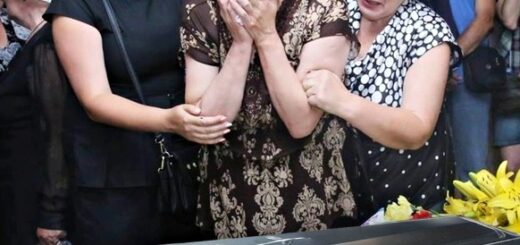Husband abandoned his disabled wife in the forest, unaware that a mysterious man was watching everything
“Taken in an hour later. She’s cooperating. Claimed she didn’t know how far it had gone, but her name’s all over the money trail. It’s going to be hard to spin.”
Emma nodded.
“Ms. Johnson,” the detective said, softer now, “I’ve worked a lot of cases like this. Most women don’t make it to this point—not because they’re weak, but because the system is loud and their voices get drowned out.” She met Emma’s eyes. “Yours didn’t.”
Emma felt something shift inside her—not triumph, but clarity. “I wasn’t trying to be loud,” she said. “I just wanted to be heard.”
Six months later, the city looked different. Maybe it was the way sunlight bounced off the buildings. Maybe it was the way Emma moved through it now—slower, steadier, but without fear. Or maybe it was because, for the first time in over a year, she felt like the ground beneath her belonged to her again.
Her name was back on everything that mattered: the business, the house, her life. Michael Johnson had been sentenced the week prior—seven years minimum. The judge called his crimes “a calculated act of psychological and financial violence.” Vanessa took a deal: no prison time, but she’d never work in law again. She’d also forfeited her share of the assets Michael had transferred to her, including the shell corporation that once held Emma’s company.
Emma hadn’t attended the sentencing, not because she was afraid, but because she didn’t need to see Michael broken to feel whole. Instead, she’d gone to a quiet coffee shop, opened her laptop, and watched as her new company’s website went live. It was simple, accessible, beautiful. Her work, her vision—not a resurrection, a rebirth: Clarity Design Co.—accessible architecture, inclusive futures. The tagline beneath her name read: “We don’t build around people; we build with them.”
She’d already hired four consultants: one visually impaired, one neurodivergent, one with limited mobility, and one who had left an abusive partnership just two years earlier. Each brought something different, each brought something real.
Today, they were finalizing their first city contract—redesigning the entrance and interior of a historic courthouse to meet ADA standards with dignity, not just compliance.
“Poetic justice,” Chris had said when he read the brief.
She smiled at that.
Chris stood beside her now in the open-plan office space she’d designed herself—dark wood floors, open beams, natural light. It didn’t feel like a sanctuary; it felt like a beginning. He’d been at her side every step since the arrest—quiet, grounded, never pushing. He’d moved into the city but kept the cabin for balance, he said, and fishing. She’d visited once a month, sometimes more—not because she needed to escape anymore, but because it reminded her of the woman she became when survival stopped being enough.
Today, she wore jeans and a navy blazer, no wheelchair, just her cane—short distances only, but enough to walk herself to the front of the meeting room. The city commissioner was waiting there.
He stood. “Ms. Johnson—”
“Emma’s fine.”
“I watched your video,” he said. “My wife cried.”
She smiled. “Mine didn’t. She forwarded it to every board member and said, ‘This is why we need women designing public buildings.’”
He grinned. “You ready?”
“Always.”
The meeting went well. Afterward, Emma and Chris sat outside on a bench, coffee in hand, watching people move through the park across the street. A child ran past, chasing pigeons. A woman in a wheelchair zipped down the accessible path without hesitation.
Emma sipped her coffee. “It’s strange,” she said. “This quiet.”
Chris looked over. “You miss the storm?”
“No, I just didn’t think it would ever end.”
He nodded.
They sat in silence for a while. The wind picked up. The trees rustled like applause.
“Are you happy?” he asked finally.
She thought about it. “I’m not there yet,” she said. “But I’m close, and I’m whole. I think that’s better than happy sometimes.”
He looked at her. “You know, I never asked what made you call the company Clarity.”
She turned to him. “I used to think strength meant staying quiet, enduring. But clarity—it’s different. It’s honest. It’s sharp. It cuts through the stories people tell you about yourself.”
She paused, watching the wind move through the trees. “I spent so long being rewritten,” she said. “Clarity is me writing it back.”
Chris nodded. “You did that.”
“We did.”
They didn’t need more words than that.
As the sun started to set, painting the city with long shadows and a golden glow, Emma rose to her feet. She grasped Chris’s hand, which was firm, warm, and comforting, and they walked together. Not towards safety or rescue, but towards something she had earned: a new chapter where the narrative was finally hers.

